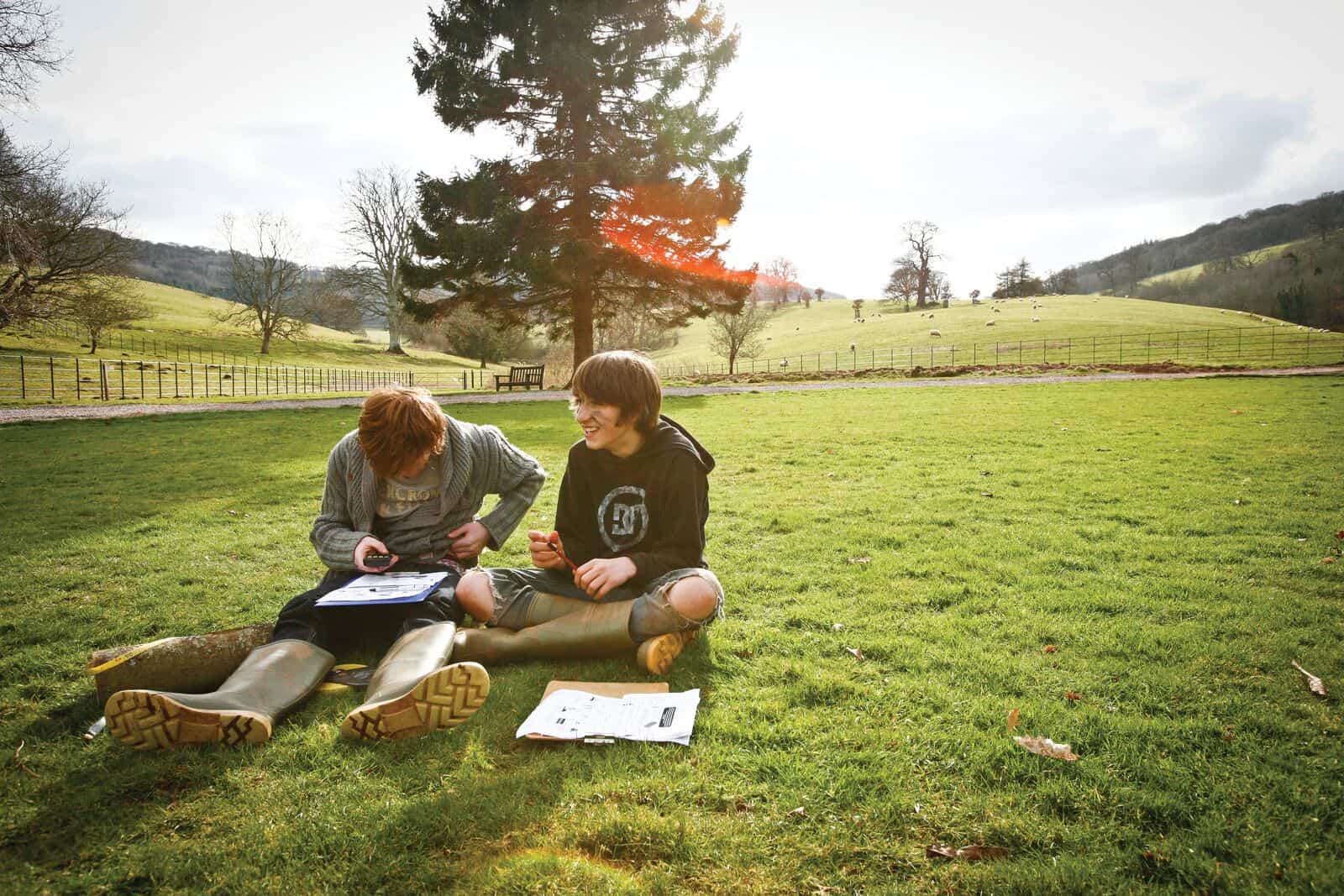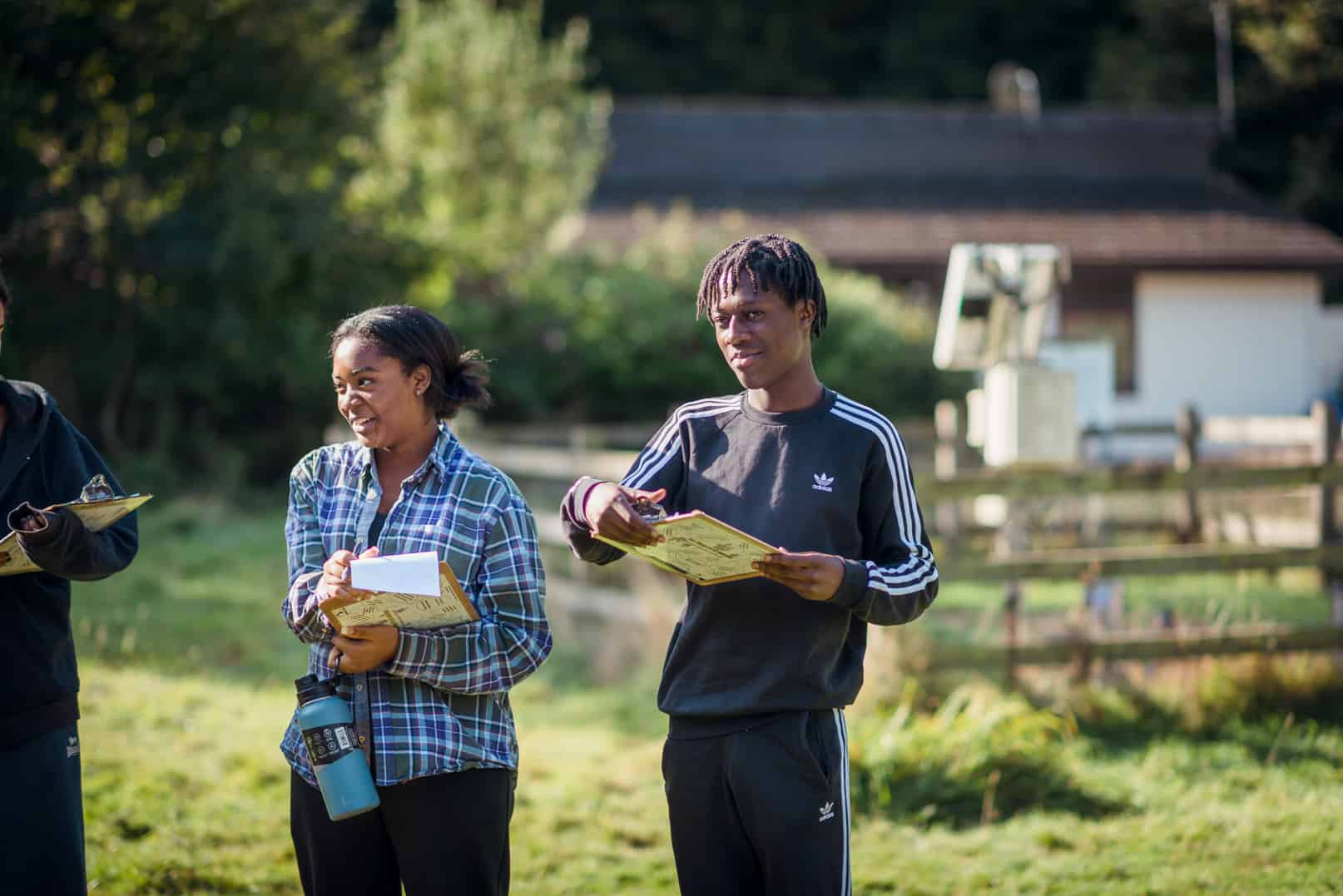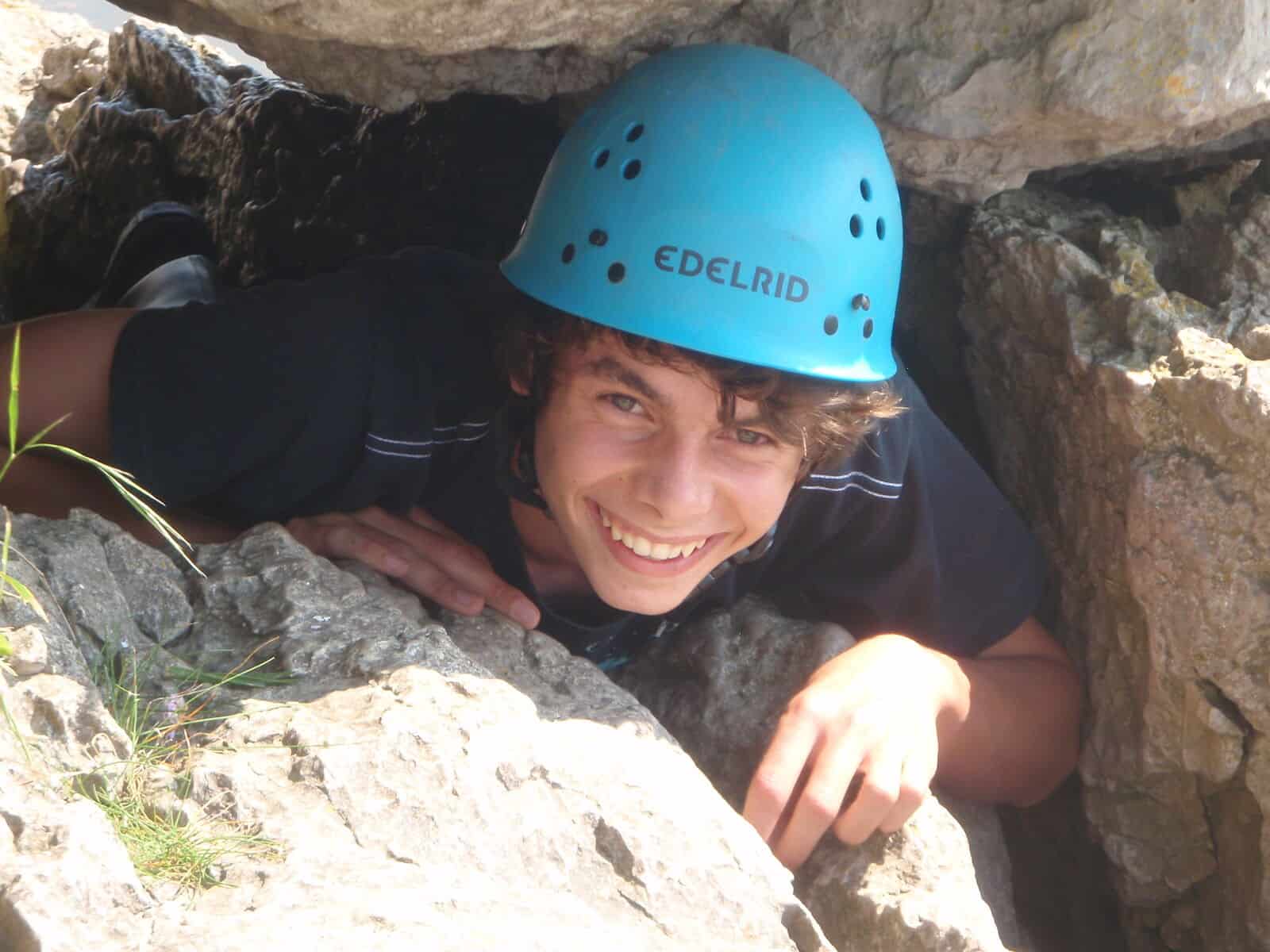New research shows how to ensure student wellbeing on a school residential and highlights that outdoor environmental education tutors should be mindful that being in nature can leave some teenagers anxious, stressed and isolated.
The study revealed that while teenagers valued the restorative power of nature, some felt unable to relax because they found it dirty, and unfamiliar. The added curriculum pressure on a field trip for biology or geography can increase these feelings of isolation, stress and anxiety, rather than being the restorative environment nature is purported to be.



Dr Rachel Manning, from the University of Exeter, completed the research with the Field Studies Council. She interviewed 254 young people between the ages of fourteen and eighteen visiting the council’s learning centre in Slapton Ley, Devon. They were on short breaks to carry out fieldwork tailored for GCSE, A-Level and IB requirements for biology and geography.
Dr Manning found the natural environment can play a positive role in supporting the wellbeing of those who are used to spending time in nature, but less so for those unfamiliar with being in nature.
Learning outside for some young people was enjoyable and they felt they could remember information better when they learnt it outside in a real-world setting. Others felt stressed learning outside if they couldn’t hear the tutor or were distracted by the environment. They found it stressful and conflicting learning outside when they wanted to explore the area more but felt they had to focus on their studies.
If the learning wasn’t relevant to their learning needs, young people felt annoyed, that they were wasting their time. The lack of free time, without space to reflect on their experiences of the day left some young people feeling anxious. Long learning days can leave young people feeling tired and stressed because they were unable to concentrate fully on their work.
Dr Manning said: “Young people mostly view the natural environment as a space for providing an opportunity for restoration, relaxation, and developing social bonds. However, for experiences of the natural environment to be beneficial for young people’s wellbeing it is important for experiences to be in line with their different social and cultural values.”
The study recommends space should be made within environmental education for pupils to connect what they’ve learned to their own values. Tutors should use group discussions to avoid passive learning.
The report says there needs to be further consideration of the workload that is suitable for young people across a residential field trip to allow them to learn effectively and gain positive experiences from their surroundings. Staff and tutors should also be equipped with the knowledge and skills to recognise the varying wellbeing needs of young people, with the importance of the wellbeing of staff and tutors being recognised as well.
